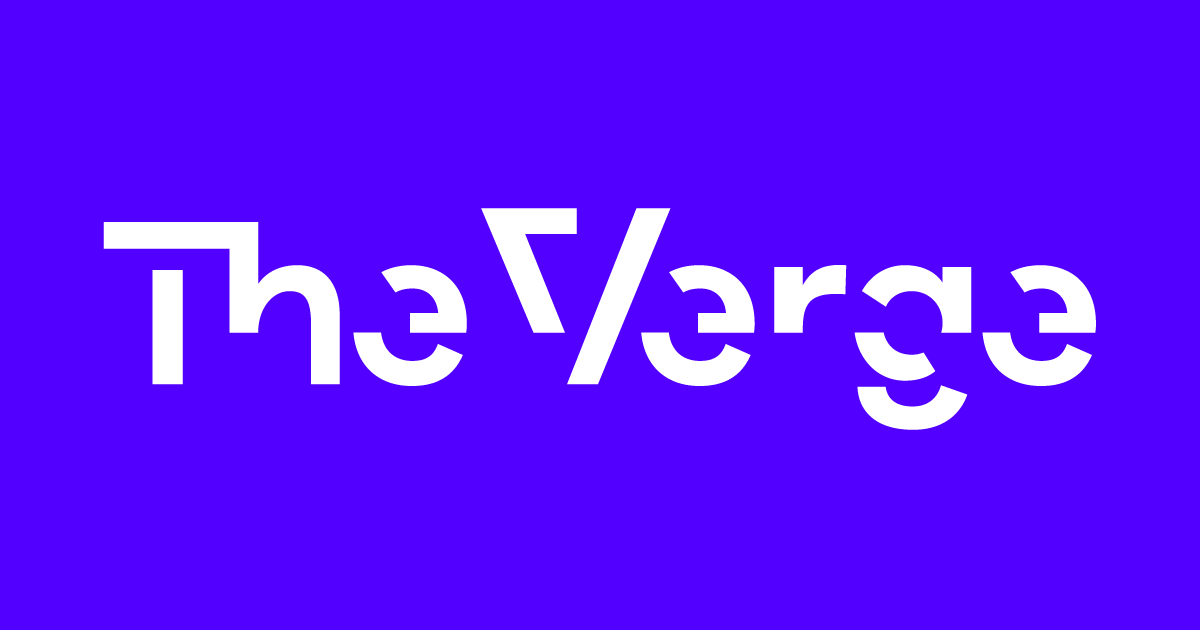I knew someone would say that.
Look that is very likely true. Nintendo probably archives all of their games (or at least those they want to) and they are well stored somewhere in a vault deep underneath their HQ.
But most of the artistic world (and science if it matters) has a different view on preservation. You can gladly read the long and well researched Wiki Article about Film Preservation, how difficult it was and that even studios showed a genuine effort to help them archiving.
It is generally accepted that Media and Art in general needs to be in some form available outside of you being it able to buy in a store. Be it publicly in a museum for you to see, having it stored somewhere or that you can get at least access at restricted archive if you are a Student/Researcher/Journalist with a specific topic related to it.
For games it is difficult because of it being a new medium, that for a long time no one really cared and also because it is software which comes with some difficulties (legally and technically) to archiving compared to other types of media.
I don't even say that this is only an issue with Nintendo nor that it is hard to get current titles from them in any way. Just that we can't trust on private companies alone to do that in secret. Because like mentioned
90% of all games released before 2010 aren't "officially" available anymore.

 web.archive.org
web.archive.org


